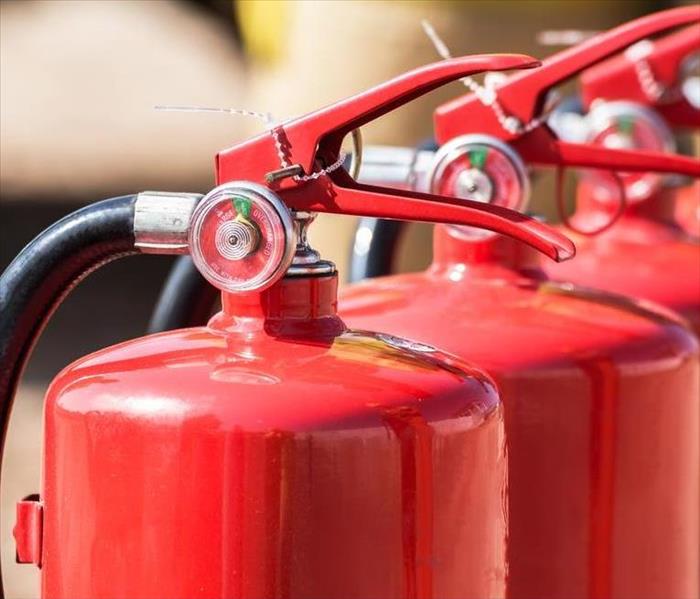3 Tips for Conducting Effective Fire Drills at Work
6/1/2022 (Permalink)
 Have a plan so that you can get back to business quickly and safely after a fire. SERVPRO can help you, call us!
Have a plan so that you can get back to business quickly and safely after a fire. SERVPRO can help you, call us!
3 Tips For Conducting Effective Workplace Fire Drills
As a business owner or manager, you care about your employees and their safety. Emergency preparedness against disaster is an important part of maintaining a safe workplace. Make sure that your employees are prepared for the event of a fire in San Antonio, TX, by using these three tips to make your fire drills more effective.
1. Start with a Plan
Before jumping into a drill, make sure that you start with a detailed plan. Here are a few items to include:
Map out evacuation routes. Keep these posted in visible areas. Mark the location of fire extinguishers.
Designate an employee to act as fire warden. Assign other responsibilities as needed, such as shutting down equipment or helping at-risk individuals out of the building.
Decide on follow-up communication. Have a system for determining whether everyone has been safely evacuated. Identify a set meeting place outside the building.
Know who you will call for fire cleanup and restoration after the emergency has passed. Have a plan so that you can get back to business quickly and safely.
2. Set Fire Drill Goals
Set specific objectives for each fire drill. These could include improving evacuation time (assign someone to clock this, such as the fire warden) or efficiently shutting down necessary equipment. Make and keep a goal for the frequency of fire drills. Plan on at least two to three each year.
3. Evaluate After the Drill
After you've completed a fire drill, take the time to debrief with your employees. Discuss what went well and make specific observations about needed improvements. Ask for feedback from everyone involved to identify any hiccups that need to be worked out before the next drill.
Drills are an important way to prepare for potential emergencies in the workplace. Make the most of your time, and that of your employees, by ensuring that your drills are effective. Plan ahead, be specific in your objectives and take the time to communicate both before and after drills.






 24/7 Emergency Service
24/7 Emergency Service